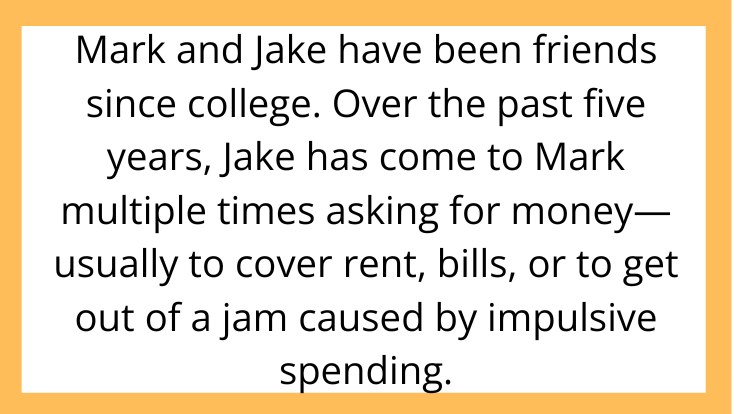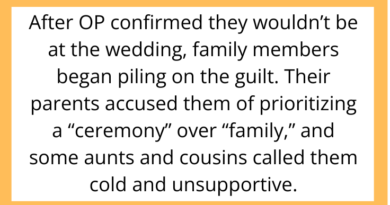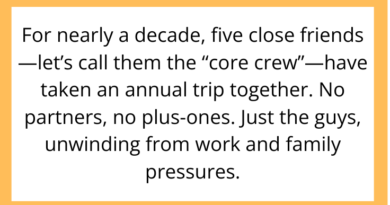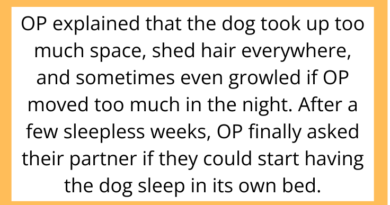AITAH for Refusing to Loan Money to My Best Friend Who Keeps Making Poor Financial Decisions?
Friendships are often tested when money enters the equation. What happens when your best friend repeatedly asks for financial help, despite their history of poor money management? Today’s AITAH scenario dives into the delicate balance between loyalty and self-preservation.
Is saying no selfish, or is it a necessary boundary?
When you’ve known someone for years, it’s natural to want to support them during tough times. But what if their “tough times” are often self-inflicted? That’s exactly the situation faced by Reddit user Mark, who posted on r/AITAH asking if he was wrong for refusing to lend money to his best friend, Jake.
The Background: A Cycle of Financial Requests

Mark and Jake have been friends since college. Over the past five years, Jake has come to Mark multiple times asking for money—usually to cover rent, bills, or to get out of a jam caused by impulsive spending.
Each time, Mark lent him money, hoping Jake would learn to manage his finances better. But Jake’s requests kept coming.
Recently, Jake asked Mark for $1,000 to pay off a credit card he maxed out on buying expensive gadgets and dining out. This time, Mark refused.
Mark’s Reasoning: Protecting Himself and Setting Boundaries

Mark explained that he loves Jake and wants to help, but he’s tired of feeling like a bailout fund. He pointed out that lending money repeatedly without seeing any effort to change encourages bad habits.
He offered to help Jake create a budget or find financial counseling but refused to give him more cash.
Jake’s Reaction: Feeling Betrayed
Jake was upset and accused Mark of not being a true friend. He claimed Mark didn’t understand his situation and was abandoning him when he needed help the most.
Jake also suggested Mark’s refusal meant their friendship was conditional and superficial.
Community Judgment: Who’s the Villain?

The r/AITAH community sided overwhelmingly with Mark.
-
Many commenters emphasized the importance of boundaries in friendships, especially regarding money.
-
They pointed out that enabling someone’s poor decisions doesn’t help them—it only delays the inevitable consequences.
-
A common piece of advice was that true friendship isn’t about lending endless money but supporting growth and responsibility.
However, some argued that Mark could have approached the situation more compassionately or offered alternative support without outright refusal.
The Bigger Lesson: When Saying No Is an Act of Care

Money can complicate relationships, but it’s crucial to remember that saying no doesn’t mean you don’t care. Often, it means you care enough to encourage better habits and protect your own well-being.
Setting financial boundaries is healthy and necessary—even with your closest friends.
What Can You Do in Similar Situations?
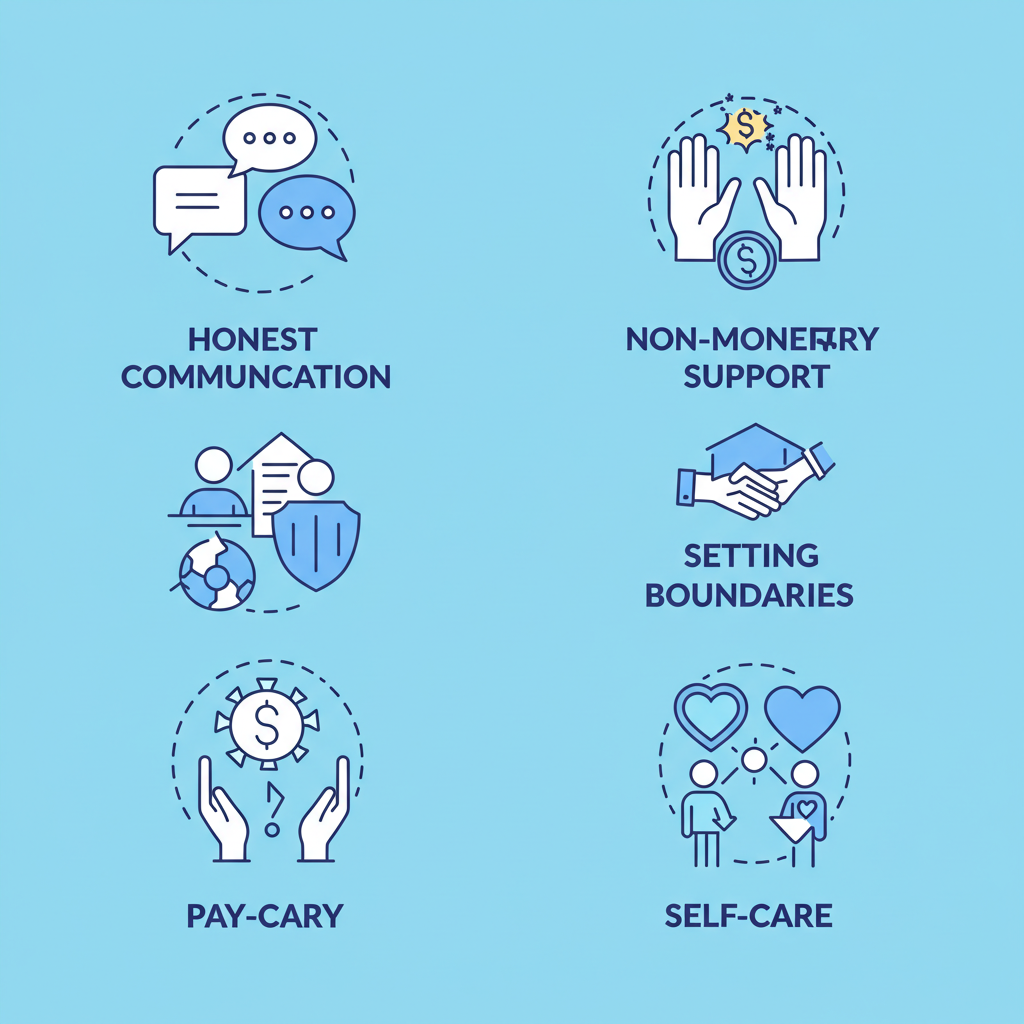
-
Be honest about what you can and cannot offer.
-
Suggest non-monetary support, like budgeting help or job search assistance.
-
Remember that enabling bad habits can harm both parties in the long run.
-
Recognize that it’s okay to prioritize your financial security.
Final Thoughts

Mark’s story highlights a difficult truth: friendship sometimes means making tough choices, including saying no.
So, AITAH for refusing to loan money to a friend who won’t change? In this case, the answer is no. Setting boundaries is a form of self-respect and, ultimately, respect for your friend’s ability to grow.
